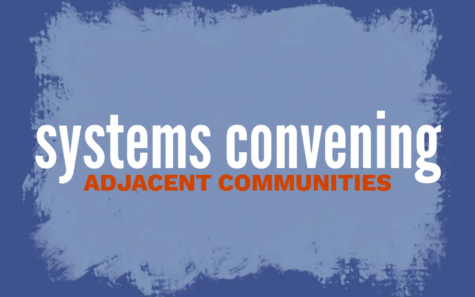Two years after submitting an academic manuscript and responding to double-blind reviews, “Rethinking work, with the pandemic disruption” has now been published in the International Journal of Organization Theory and Behavior (IJOTB) as earlycite. The article has a DOI (Document Object Identifier), and should be streamed with an official volume and issue number soon.
The article is available as open access. To complement the structured abstract required by the jounrnal, here’s an outline of the sections.
- 1. Introduction
- 2. Post-pandemic labour movements set a scene for metatheoretical development
- 2.1 In 2021, increased job-to-job mobility was labelled as the Great Resignation
- 2.2 In 2022, workplace disengagement has been labelled as quiet quitting
- 2.3 Beyond earning money, theories of work are focused primarily on job satisfaction
- 2.4 Pandemic disruptions cumulatively encouraged reflecting on theories of life, and of work
- 3.1 Four world hypotheses were proposed by Pepper, each with a root metaphor
- 3.2 A schema for hypotheses arranges ways for evidence to be recognized and interpreted
- 3.3 Socio-technical is part-whole organicism; socio-ecological is whole-whole contextualism
- 3.4 (Con)textural dyadic thinking modifies contextualism with yin qi + yang qi
- 4.1 Slowing in rhythmic pacing might entail late spring or permanent climate change
- 4.2 Dyadic imbalance might entail recuperation from acute injury, or chronic illness
- 4.3 Delayed transformative reifying might entail stunted or delayed life transitions
- 4.4 (Con)textural-dyadicism joins the four historic world hypothesis as theory-building
Two years after submitting an academic manuscript and responding to double-blind reviews, “Rethinking work, with the pandemic disruption” has now been published in the International Journal of Organization Theory and Behavior (IJOTB) as earlycite. The article has a DOI (Document Object Identifier), and should be streamed with an official volume and issue number soon.
The article is available as open access. To complement the structured abstract required by the jounrnal, here’s an outline of the sections.
- 1. Introduction
- 2. Post-pandemic labour movements set a scene for metatheoretical development
- 2.1 In 2021, increased job-to-job mobility was labelled as the Great Resignation
- 2.2 In 2022, workplace disengagement has been labelled as quiet quitting
- 2.3 Beyond earning money, theories of work are focused primarily on job satisfaction
- 2.4 Pandemic disruptions cumulatively encouraged reflecting on theories of life, and of work
- 3.1 Four world hypotheses were proposed by Pepper, each with a root metaphor
- 3.2 A schema for hypotheses arranges ways for evidence to be recognized and interpreted
- 3.3 Socio-technical is part-whole organicism; socio-ecological is whole-whole contextualism
- 3.4 (Con)textural dyadic thinking modifies contextualism with yin qi + yang qi
- 4.1 Slowing in rhythmic pacing might entail late spring or permanent climate change
- 4.2 Dyadic imbalance might entail recuperation from acute injury, or chronic illness
- 4.3 Delayed transformative reifying might entail stunted or delayed life transitions
- 4.4 (Con)textural-dyadicism joins the four historic world hypothesis as theory-building



